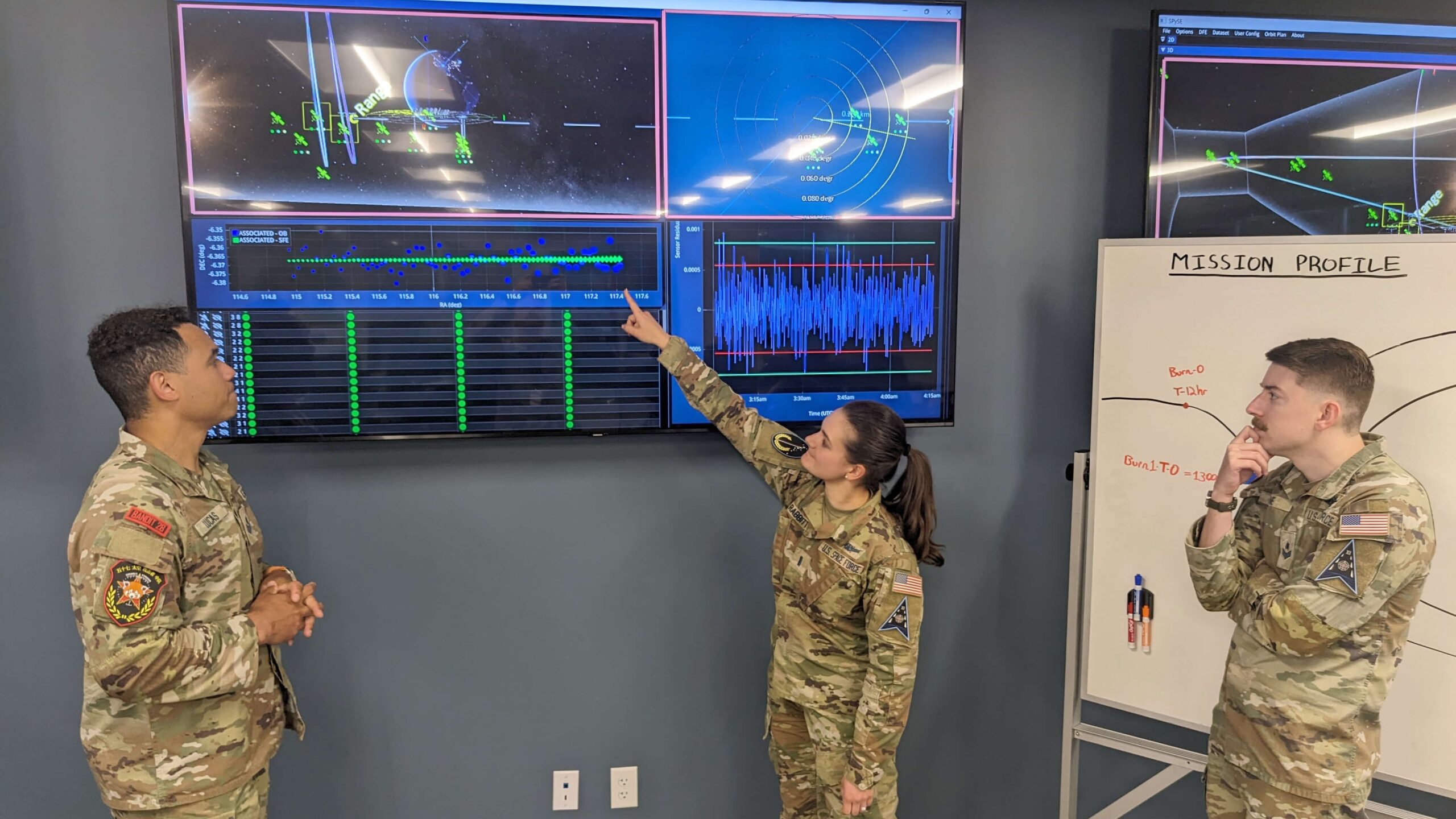¡Hola! Have you ever wanted to learn Spanish but the thought of taking classes seems overwhelming? Maybe you’ve tried traditional methods before and didn’t see the results you were hoping for. Don’t worry, I’ve been in your shoes and it can be frustrating. But let me tell you a secret- learning Spanish doesn’t have to involve classes at all! Yes, you read that correctly. In this article, I’ll share with you my personal tips and tricks on how to successfully learn Spanish without attending traditional classes. Keep reading to discover how easy and fun it can be to pick up a new language on your own terms! So grab your notebook, put on some salsa music, and get ready for a journey towards fluency without stepping foot in a classroom. Vamos!
can you learn spanish without classes
Yes, it is possible to learn Spanish without taking formal classes. With the right approach and mindset, anyone can successfully learn a new language on their own. Here are some tips and tricks to help you succeed in learning Spanish without classes:
1. Immerse yourself in the language: Surround yourself with Spanish as much as possible – listen to music, watch movies or TV shows, read books or articles in Spanish. This will help you get used to the sound of the language and pick up common phrases and vocabulary.
2. Practice speaking with native speakers: Find opportunities to practice speaking with native Spanish speakers, whether it’s through online language exchange programs or joining a local conversation group.
3. Use online resources: There are plenty of free online resources available for learning Spanish such as Duolingo, Babbel, and Memrise. These platforms offer interactive lessons that cover all aspects of the language including grammar, vocabulary, reading comprehension, and listening skills.
4. Create a study plan: Set specific goals for what you want to achieve in your language learning journey and create a study plan accordingly. This will help keep you motivated and on track.
5. Make use of flashcards: Flashcards are an effective way to memorize new words and phrases quickly. You can either make physical flashcards or use digital ones like Anki or Quizlet.
6 . Be consistent: Learning a new language takes time and effort so it’s important to be consistent with your studies even if it’s just 15-20 minutes every day.
Remember that everyone learns at their own pace so don’t get discouraged if progress seems slow at first. Keep practicing regularly and before you know it, you’ll be able to hold conversations in Spanish confidently!
Understanding the Basics: The Importance of Building a Solid Foundation in Spanish Language
Learning a new language can be an exciting and rewarding experience. It opens up doors to new cultures, helps improve cognitive abilities, and even enhances career opportunities. When it comes to Spanish, building a solid foundation is crucial for success in becoming fluent. So why is it so important?
Firstly, having a strong foundation in any language allows for easier understanding of more complex concepts later on. In Spanish, this means mastering the basics such as grammar rules, verb conjugations, and sentence structure. These fundamental skills are essential for communicating effectively in any situation. Without a proper grasp of them, students may struggle with more advanced topics such as tenses or idiomatic expressions.
Secondly, building a solid foundation in Spanish sets learners up for success when expanding their vocabulary. Just like constructing a sturdy house requires laying down a strong foundation first before adding walls and roofs, learning new words becomes easier once the basics are firmly established. With the right tools and techniques from the beginning stages of language learning, students can build upon their knowledge gradually without feeling overwhelmed or lost.
In conclusion, while it may seem tedious at first to focus on the fundamentals of Spanish language learning, understanding its importance is key to achieving fluency down the road. A strong foundation not only improves overall comprehension but also serves as an anchor that supports future growth and development in speaking and writing skills alike.
Learning Spanish Vocabulary Independently: Techniques to Expand Your Word Bank
Learning a new language can be an exciting and challenging experience. It opens doors to new cultures, people, and opportunities. One essential aspect of learning any language is building a strong vocabulary as it allows you to express yourself effectively. When it comes to Spanish, there are various techniques that you can use independently to expand your word bank and enhance your overall fluency.
Firstly, reading in Spanish is an excellent way to learn new words and improve your understanding of the language. You can start with simple children’s books or short articles online and gradually move on to more complex texts as you progress. Make sure to have a dictionary handy so that you can look up unfamiliar words and add them to your vocabulary list.
Another effective technique for expanding your Spanish vocabulary is through watching TV shows or movies in Spanish with English subtitles. This not only helps with improving listening skills but also exposes you to colloquial phrases and expressions used by native speakers. You can also pause the show or movie when you come across a new word, write it down, and then look up its meaning later.
Additionally, using flashcards or creating mind maps can be useful tools for memorizing new words efficiently. Make flashcards with the Spanish word on one side and its English translation on the other side. Carry them around with you wherever you go so that you can practice during free moments like waiting in line at the grocery store or while commuting.
In conclusion, there are many techniques that one can use independently when learning Spanish vocabulary. These include reading in Spanish, watching TV shows/movies with subtitles, using flashcards/mind maps for memorization purposes among others. Remember that consistency is key when building a strong vocabulary – make sure to practice regularly! ¡Buena suerte! (Good luck!)
Developing Listening Skills: Utilizing Spanish Media as Learning Tools
In today’s interconnected world, being able to speak multiple languages has become increasingly valuable. And one language that is gaining popularity and importance is Spanish. From its widespread usage in various countries to its influence in popular culture, learning Spanish can open up a whole new world of opportunities. However, effectively learning a new language requires not just the ability to speak it but also the crucial skill of listening.
One effective way to improve your listening skills in Spanish is by utilizing various forms of media such as TV shows, movies, and podcasts. These resources provide an immersive experience where you can hear native speakers conversing at a natural pace and use context clues from visuals or subtitles to better understand the conversation.
Moreover, with the advancement of technology, there are numerous online platforms available for streaming Spanish content specifically designed for language learners. These platforms offer interactive features like pausing and repeating sections as well as providing transcripts and translations for difficult words or phrases. This makes it easier for beginner-level learners to follow along and gradually build their listening comprehension skills.
Additionally, incorporating different types of media into your daily routine allows you to expose yourself to different accents and dialects used in different parts of the Spanish-speaking world. This not only enhances your understanding but also helps you adapt to variations in pronunciation and vocabulary used by native speakers.
In conclusion, incorporating Spanish media into your language learning journey is an excellent way to develop essential listening skills while immersing yourself in authentic conversations and cultural nuances. So next time you’re looking for ways to improve your proficiency in Spanish, turn on some TV shows or tune into a podcast – who knows what doors it might open for you!
Improving Spanish Pronunciation and Speaking Abilities Outside of a Formal Class Setting
Spanish is one of the most widely spoken languages in the world, making it a valuable skill to have. However, many people struggle with their Spanish pronunciation and speaking abilities outside of a formal class setting. This can be due to lack of practice or not knowing how to effectively improve these skills on their own. Fortunately, there are several ways to enhance your Spanish pronunciation and speaking abilities outside of the classroom.
Firstly, listening to native speakers is crucial for improving pronunciation. This can be done through watching movies or TV shows in Spanish, listening to music or podcasts, or even engaging in conversations with native speakers. By doing so, you will become more familiar with the sounds and rhythm of the language. Additionally, recording yourself speaking Spanish and comparing it to a native speaker’s pronunciation can also help identify areas that need improvement.
Another effective way to improve your Spanish speaking abilities is by practicing regularly. Set aside some time each day for focused practice where you speak out loud and pay attention to your intonation and accentuation. You can also try reading aloud from books or articles written in Spanish as this will help you become more comfortable with pronouncing different words correctly.
Additionally, immersing yourself in the language and culture can greatly improve your skills outside of a traditional classroom setting. Consider joining conversation groups where you can interact with other learners and native speakers alike while practicing your speaking skills informally. Or if possible, travel to a Spanish-speaking country where you’ll be fully immersed in the language every day.
In conclusion, improving your Spanish pronunciation and speaking abilities outside of formal classes requires dedication but it is certainly achievable! Remember that consistent practice combined with exposure to native speakers will go a long way towards mastering these skills.
Embracing Spanish Language Immersion at Home for Rapid Spanish Skill Development
Learning a new language can be a challenging but rewarding experience. And if you’re looking to become fluent in Spanish, immersing yourself in the language is one of the most effective ways to achieve that goal. But what if you don’t have the time or resources to travel abroad for immersion programs? Fear not, because you can still embrace Spanish language immersion right at home.
One way to do this is by surrounding yourself with as much Spanish influence as possible. This could mean listening to music or podcasts in Spanish, watching movies and TV shows in their original Spanish versions, or even changing your phone and computer settings to Spanish. Another great way to immerse yourself is by practicing conversation with native speakers through online platforms or joining local conversation groups. Additionally, reading books and articles in Spanish, whether on paper or digitally, will also help improve your comprehension skills.
Another important aspect of language immersion at home is creating an environment where only Spanish is spoken. This may mean setting up specific times of day for speaking only in Spanish with family members who are also learning the language or finding a tutor who can come over and have conversations solely in Spanish. It’s also beneficial to incorporate everyday activities into these conversations such as cooking meals together while speaking only in Spanish or taking walks around the neighborhood while practicing vocabulary words. By consistently exposing yourself to different aspects of the language within your daily routine, you’ll quickly see improvements in your fluency levels.
– Surround yourself with authentic resources: music & podcasts
– Watch movies & TV shows without subtitles
– Change phone/computer settings
Conclusion: Mastering Spanish Without Classes – It’s Possible With These Tips!
Learning a new language can be challenging, especially if you don’t have the opportunity to attend classes. However, with determination and the right approach, it is possible to master Spanish without formal instruction. Here are some tips that will help you along your journey of self-studying Spanish.
Firstly, immerse yourself in the language as much as possible. This means listening to Spanish music, watching movies or TV shows in Spanish, and even talking to native speakers if possible. By surrounding yourself with the language on a daily basis, you will begin to pick up common phrases and pronunciations naturally.
Next, make use of online resources such as apps and websites that offer interactive lessons and exercises for learning Spanish. These tools not only provide structured lessons but also allow you to practice speaking and writing in real-time. Additionally, there are many free online courses available that cover all aspects of learning a language from grammar rules to vocabulary building.
Another important aspect is consistency – set aside dedicated time each day for practicing Spanish. It’s better to study for shorter periods every day rather than cramming everything into one long session once a week. This helps your brain retain information better and prevents burnout.
Lastly,
don’t be afraid to make mistakes! Learning a new language is all about trial and error – don’t let fear hold you back from practicing speaking or writing in Spanish. Embrace your mistakes as they are vital steps towards improvement.
Also,
find someone who can serve as an accountability partner or join an online community where you can interact with others who are also learning Spanish independently. Having support from others going through the same journey can keep you motivated and push you towards progress.
In conclusion, mastering Spanish without attending classes may seem daunting at first but by immersing yourself in the language daily with various resources at hand while staying consistent and embracing mistakes along the way – it is definitely achievable! Keep these tips in mind throughout your self-study journey and you will soon find yourself becoming fluent in Spanish. ¡Buena suerte! (Good luck!)



